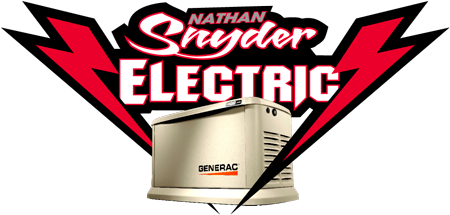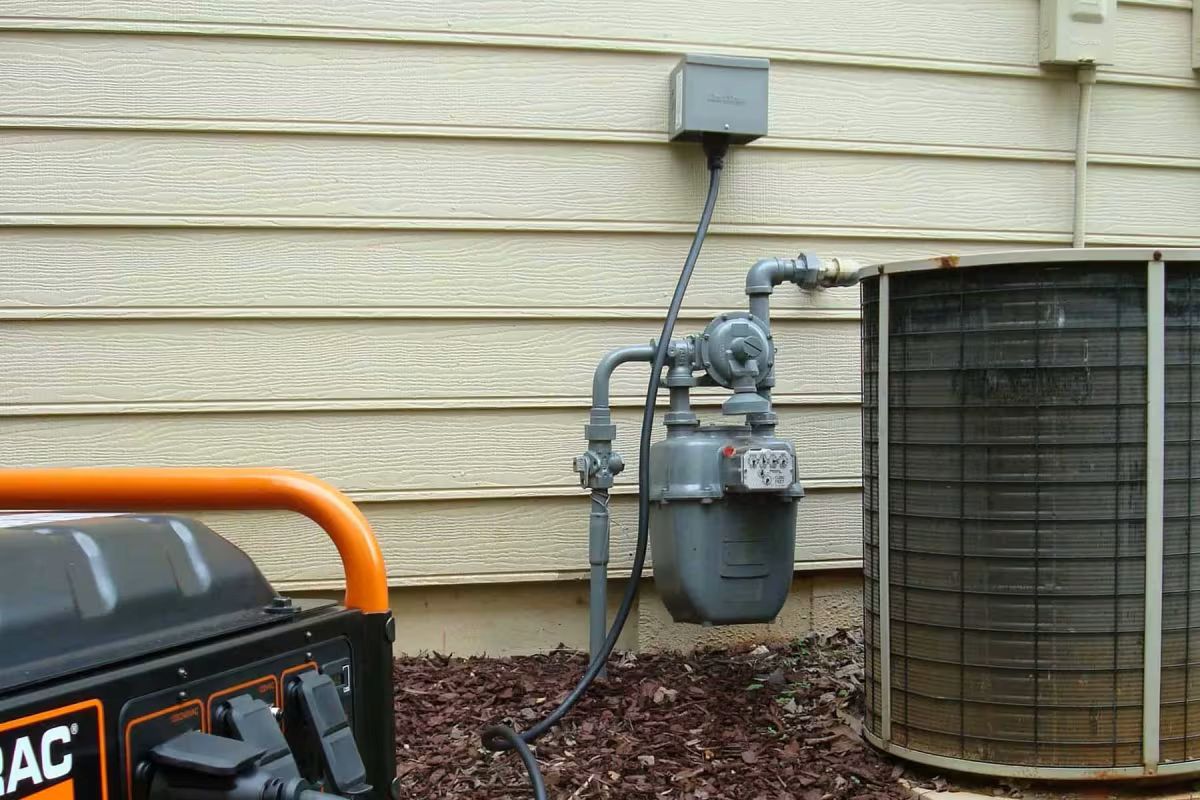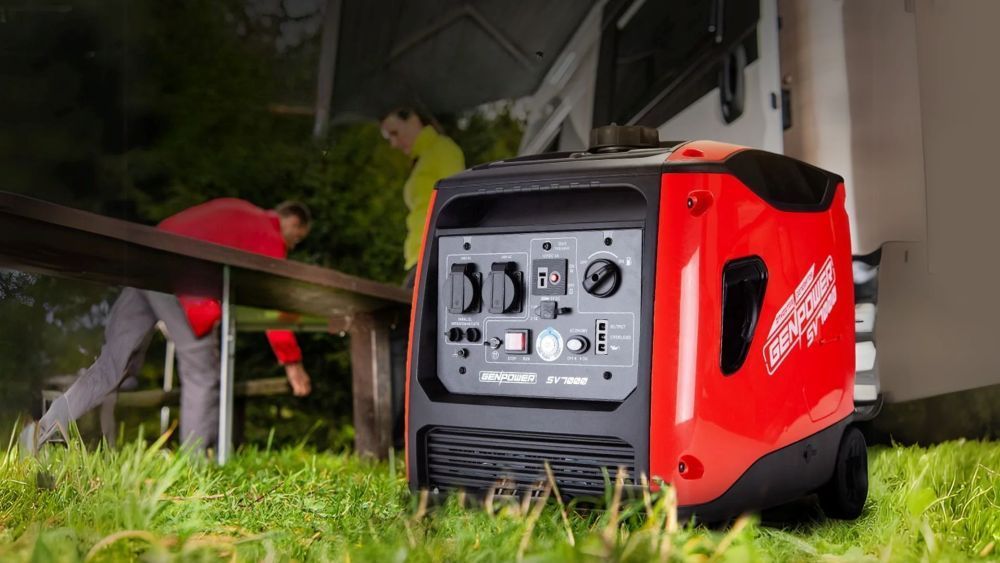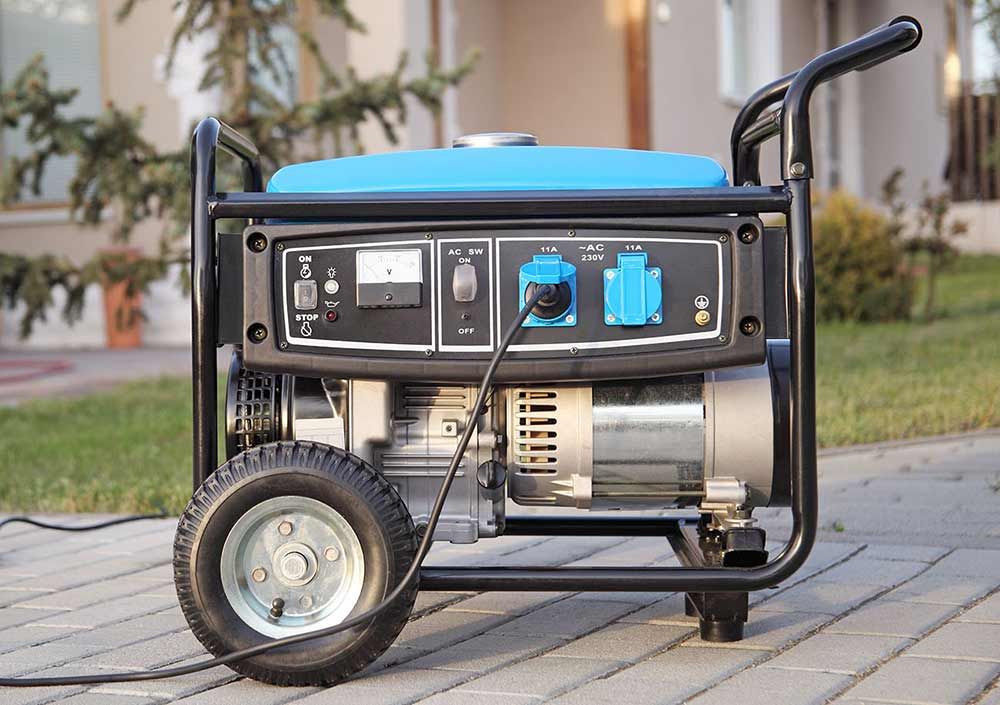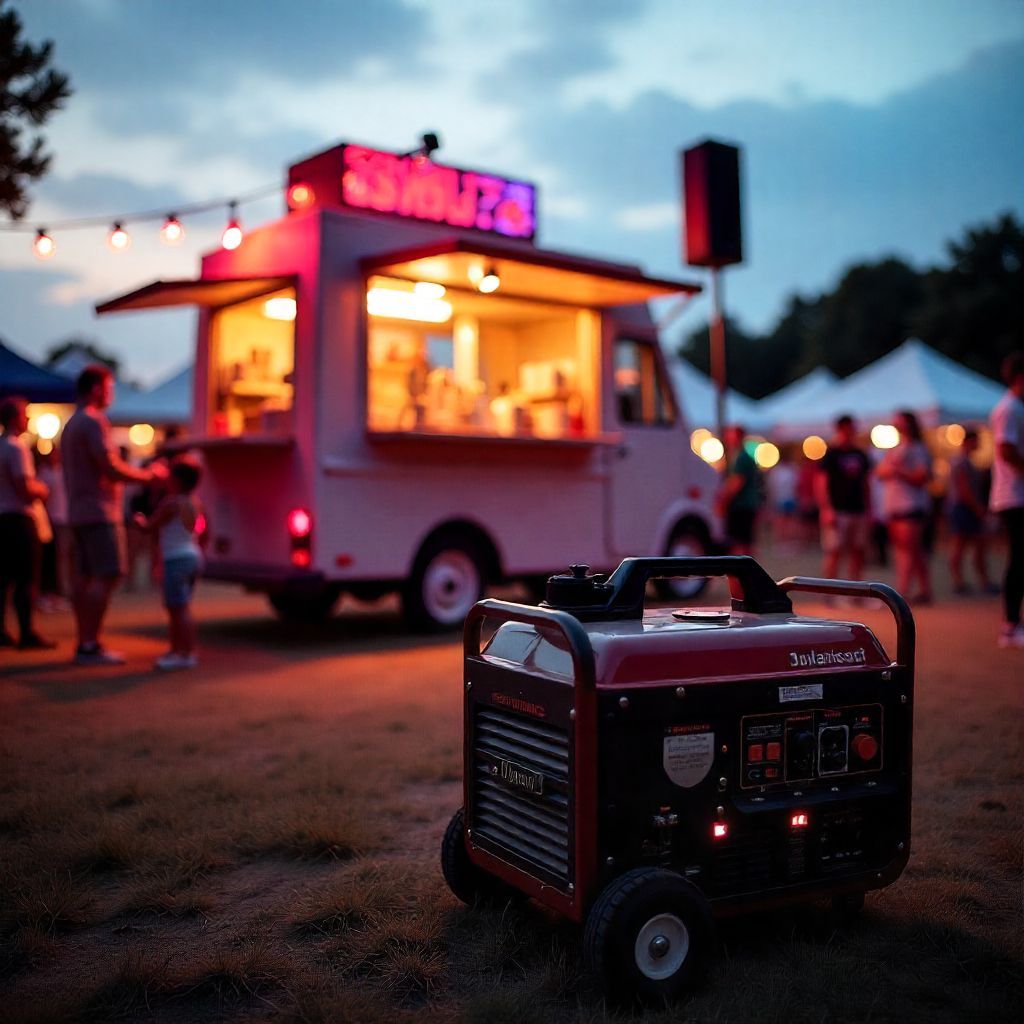What Is the Most Common Cause of Generator Failure?
The most common cause of generator failure is inadequate maintenance, which results in reduced performance, increased fuel consumption, and premature wear of critical components, including the engine, alternator, and fuel system. Regular inspections, cleaning, and testing help ensure consistent operation and prevent costly breakdowns. Other frequent causes include overloading, fuel contamination, cooling system issues, battery deterioration, and ignition malfunctions. Understanding these problem areas helps equipment owners maintain a steady power supply and extend the lifespan of their generators, which is why scheduling routine generator maintenance in Oklahoma City can make the difference between reliable backup power and an unexpected failure when you need it most.
Lack of Regular Maintenance
Routine generator maintenance is the foundation of reliable operation. When service schedules are ignored, components such as filters, fuel injectors, and electrical connections deteriorate faster. As a result, the generator consumes more fuel and delivers less power.
Establishing a structured maintenance plan, including oil changes, coolant checks, and terminal inspections, helps keep systems running efficiently.
Technicians often recommend checking for leaks, corrosion, or unusual vibrations during each inspection. Early detection prevents small problems from escalating into full system failures. Consistent upkeep also supports the manufacturer’s performance standards and reduces overall operating costs.
Overloading the Generator
A generator’s load capacity must always match the total power demand of connected devices. Overloading occurs when the combined wattage exceeds the generator’s rated output, resulting in overheating, voltage fluctuations, and potential damage to components.
To prevent this, calculate total consumption before startup and use a load meter to track output during operation. Gradually balancing power distribution across circuits helps avoid sudden surges. Maintaining an appropriate load not only prevents damage but also improves fuel efficiency and stabilizes voltage delivery.
Fuel Quality Issues
Fuel quality directly influences engine performance. Poor or contaminated fuel can clog filters, damage injectors, and reduce combustion efficiency. Common fuel problems include:
- Water Contamination – Moisture promotes microbial growth and corrosion inside tanks and fuel lines.
- Particle Contamination – Dirt, rust, or debris can block filters and disrupt injection pressure.
- Fuel Degradation – Stored fuel may oxidize or form varnish deposits over time, which can reduce ignition reliability.
Regular testing and the use of fuel stabilizers help maintain the fuel's purity and prevent contamination. Storage tanks should be kept sealed and periodically drained to remove water or sediment buildup.
Cooling System Failures
A generator’s cooling system prevents overheating and safeguards the engine block from warping or cracking. If coolant levels drop or airflow becomes restricted, temperatures can rise quickly and trigger shutdowns.
Routine tasks, such as inspecting radiators, cleaning fan blades, and testing thermostats, help keep the cooling system effective. A clogged radiator or defective water pump can be identified early through temperature monitoring and visual checks. Timely maintenance ensures stable temperature control and prolongs engine life.
Battery Problems
Battery failure is one of the most overlooked causes of generator malfunction. Corrosion on terminals, sulfation buildup, or overcharging can all weaken the battery’s ability to start the engine.
A well-maintained generator includes periodic battery testing under load, cleaning of connections, and replacement at the manufacturer's recommended intervals. Monitoring voltage output also prevents unexpected starting issues during power outages.
Ignition System Malfunctions
The ignition system initiates the combustion process that powers the generator. Faulty spark plugs, worn ignition coils, or a malfunctioning ignition switch can cause hard starts, misfires, or irregular operation.
Technicians typically inspect spark plugs for residue or wear and verify coil resistance using diagnostic tools. Replacing aging components at the first sign of trouble ensures smooth startup and consistent performance. Keeping ignition parts in good condition supports the overall reliability of the generator.
Generator reliability depends on proactive care. Consistent maintenance, fuel management, load balancing, and timely replacement of worn parts protect against the most common failures. By treating maintenance as an ongoing responsibility rather than a one-time task, generator owners can significantly extend equipment lifespan and maintain dependable power when it matters most.
Contact Us
At Nathan Snyder Electric LLC, we’re here to assist you with all your electrical needs, from generator installations to electrical service upgrades. Our team is ready to provide reliable and professional service.
📞 Phone: (405) 820-1193
📧 Email: snyderelec@gmail.com
📍 Address: 115 E Main St, Calumet, OK 73014
🕒 Business Hours:
- Monday - Friday: 7:00 AM-5:00 PM
💬 Prefer to reach out online? Use ourcontact form to send a message, and we'll respond promptly.
Related Topics:
